Indigenous Governance Database
traditional Indigenous governance
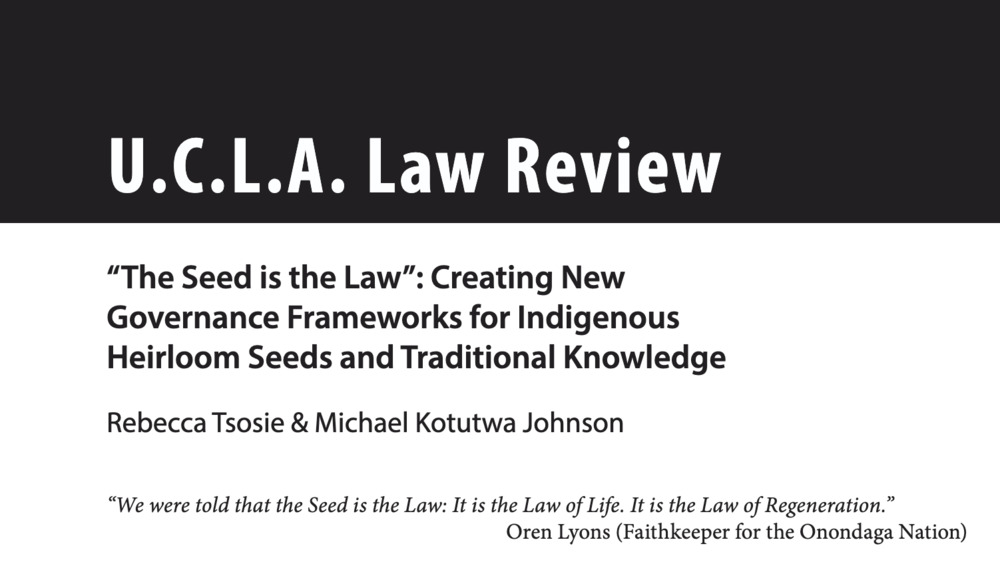
"The Seed is the Law": Creating New Governance Frameworks for Indigenous Heirloom Seeds and Traditional Knowledge
The United Nations World Intellectual Property Organization (WIPO) held a diplomatic conference in May 2024 where participants adopted a historic new treaty on Intellectual Property, Genetic Resources and Associated Traditional Knowledge. The treaty is intended to improve the patent system by…
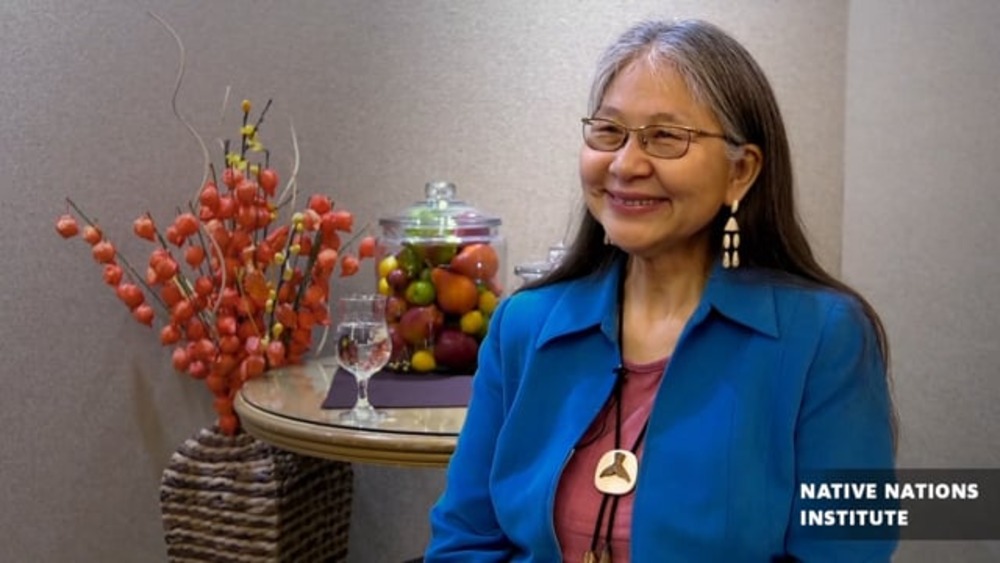
Theresa Arevgaq John: Alaska indigenous governance through traditions and cultural values
Theresa Arevgaq John is a well known Y’upik cultural advocate and Associate Professor in Indigenous Studies and the Department of Cross-Cultural Studies at the University of Alaska Fairbanks and has intimate knowledge about cultural practices within Indigenous governance. She advocates…
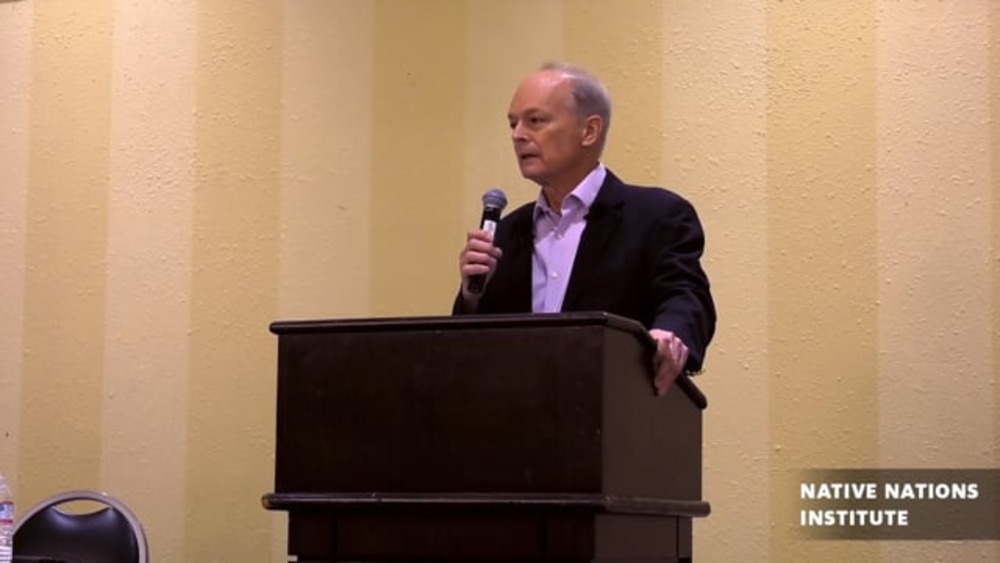
Stephen Cornell, Introduction to Native Nation Building, Alaska Tribal Government Symposium
An overview about Native nation building and the ability for Native communities in Alaska to rebuild their Native nations.
Honoring Nations: Sovereignty Today: Q&A
The 2007 Honoring Nations symposium "Sovereignty Today" panel presenters as well as members of the Honoring Nations Board of Governors field questions from the audience and offer their thoughts on the state of tribal sovereignty today and the challenges that lie ahead.
Honoring Nations: James Ransom: Sovereignty Today
Former Saint Regis Mohawk Chairman James Ransom provides his perspective on what sovereignty means today, and stresses the importance of using traditional Indigenous teachings in modern Native nation governance.
Honoring Nations: Michael Thomas: Sovereignty Today
Former Mashantucket Pequot Chairman Michael Thomas provides his definition of what tribal sovereignty means in the 21st century, and stresses the importance of Native nations examining and reconnecting with their traditional governance principles as they work to exercise sovereignty effectively.
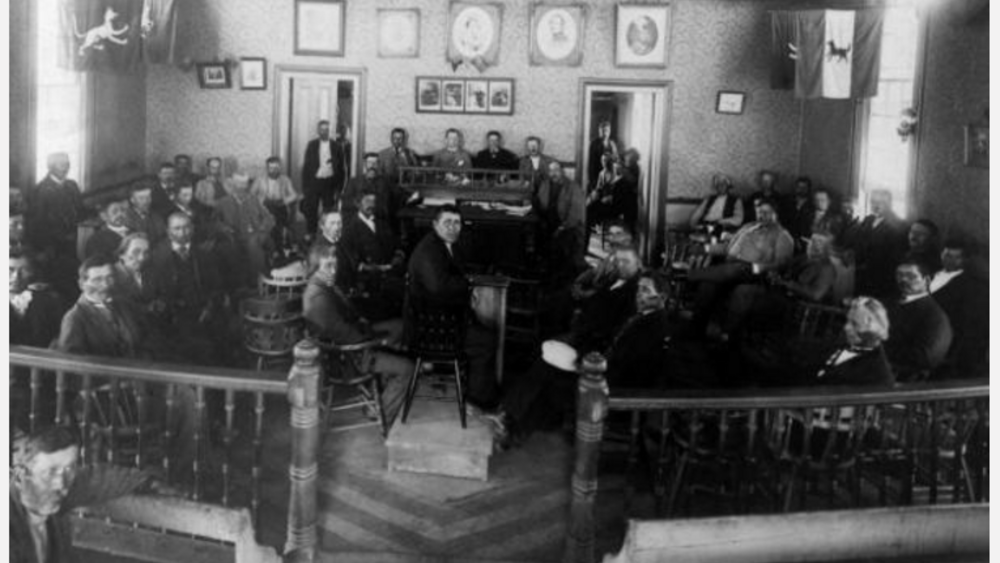
Political Autonomy and Sustainable Economy
A unique attribute of Indian political ways was noted early on by colonial observers. Indians, Indigenous Peoples more generally, were engaged in everyday political action as full participating community members. Every person had the right to be heard. Decisions were made through discussion and…
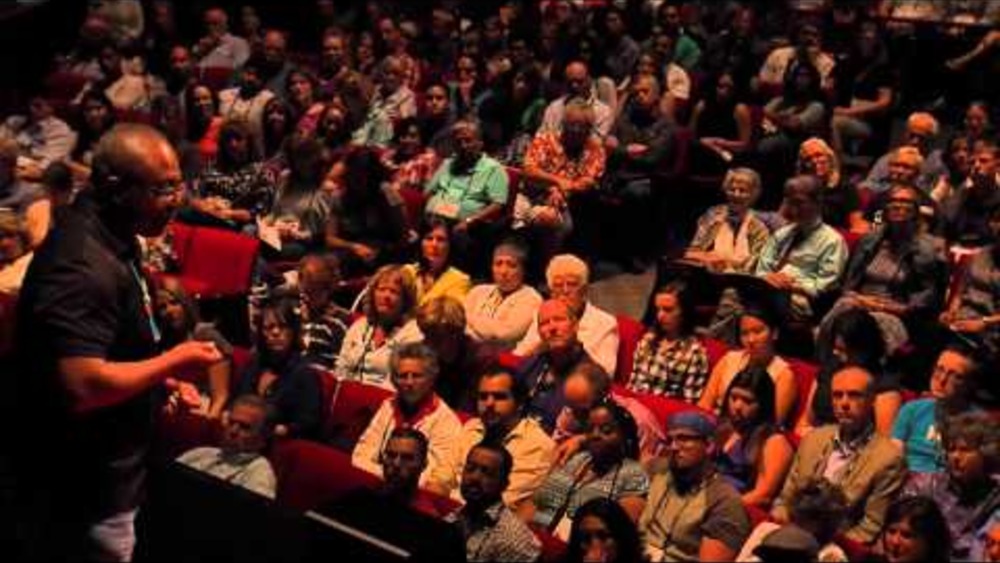
Richard Luarkie: Choosing to be Bitter or Better: A Perspective from a Pueblo Upbringing
Pueblo of Laguna Governor Richard Luarkie shares his rich Pueblo upbringing, a deep tradition of contribution to community, and inspiration to live a great life. Richard has a passion to contribute to global economic and community advancement using his Pueblo cultural values and teachings.
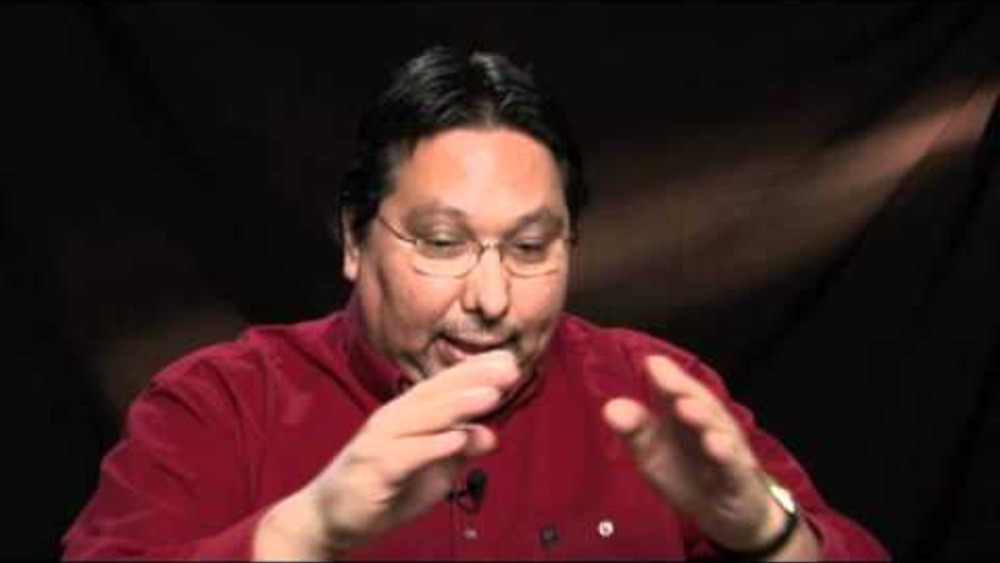
Tradition and Governance: Tom Happynook
Tom Happynook of Huu-ay-ut First Nation explains how traditional leaders are raised to learn the qualities and values of leadership. He also explains how traditional governance in his community is more democratic than the Canadian election process.
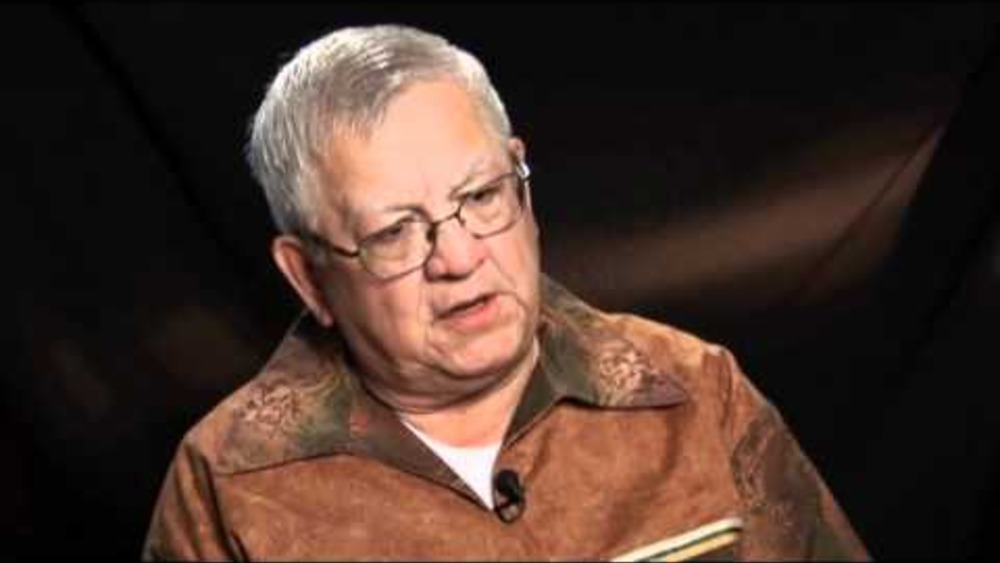
Tradition and Governance: Ron Thomas
Ron Thomas from Haudenosaunee / Six Nations talks about Haudenosaunee traditional governance, and the challenges of removing the Indian Act and replacing it with more traditional governance.
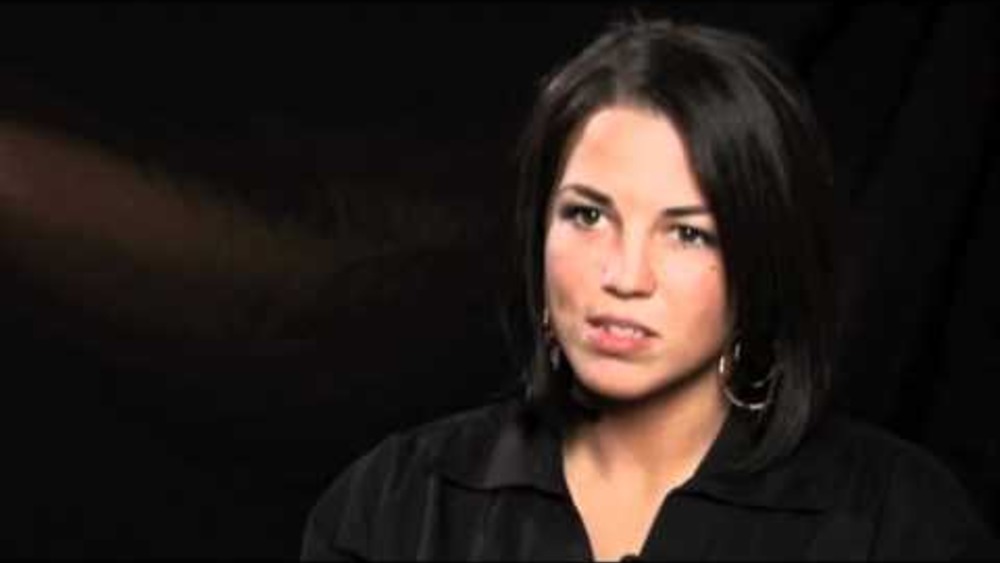
Tradition and Governance: Georjann Moresseau
Councilor Georjann Morreseau of Fort William First Nation talks about the challenges of teaching Fort William youth about traditions and governance.
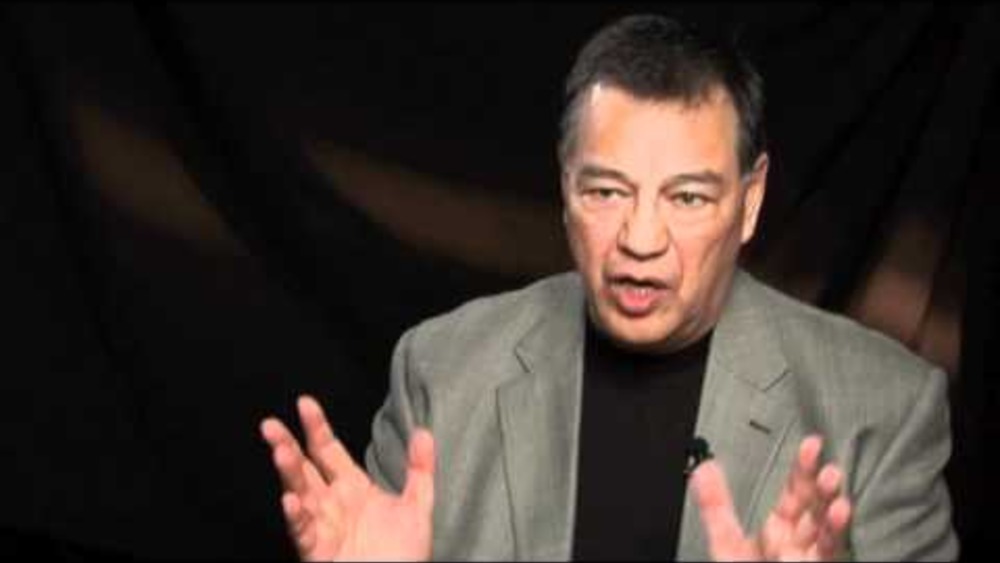
Tradition and Governance: Chief Richard Gamble
Chief Gamble of Beardy's and Okemasis First Nation says that tradition and spirituality are a way of life and might be captured in a constitution so that First Nations can develop laws that are based on traditional values. This would be a way to undo the Indian Act and make way for more traditional…
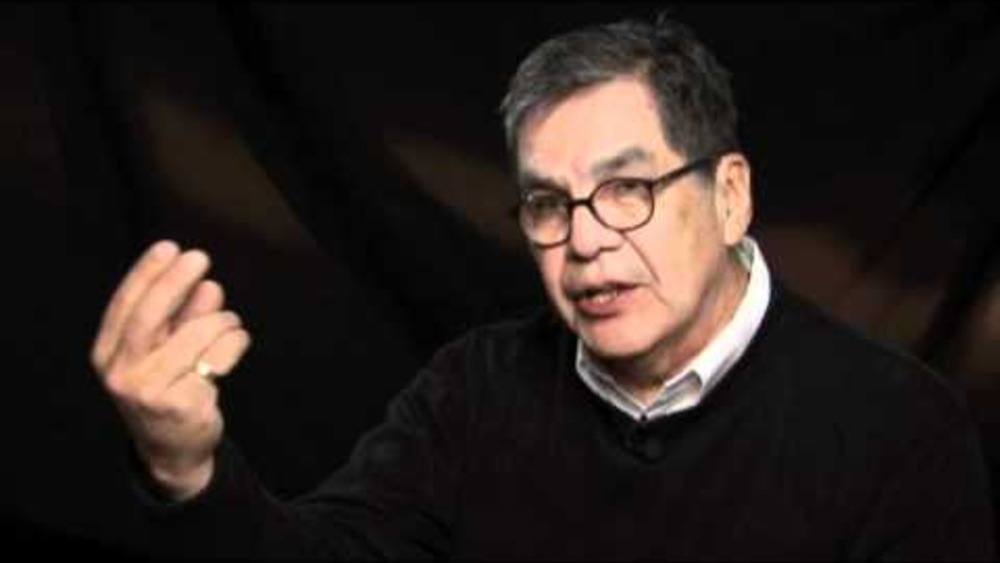
Tradition and Governance: Joseph G. Norris
Joseph Norris of the Halalt Nation located in British Columbia talks about being raised from the age of five to be a leaders and about the structure of traditional governance in his community.
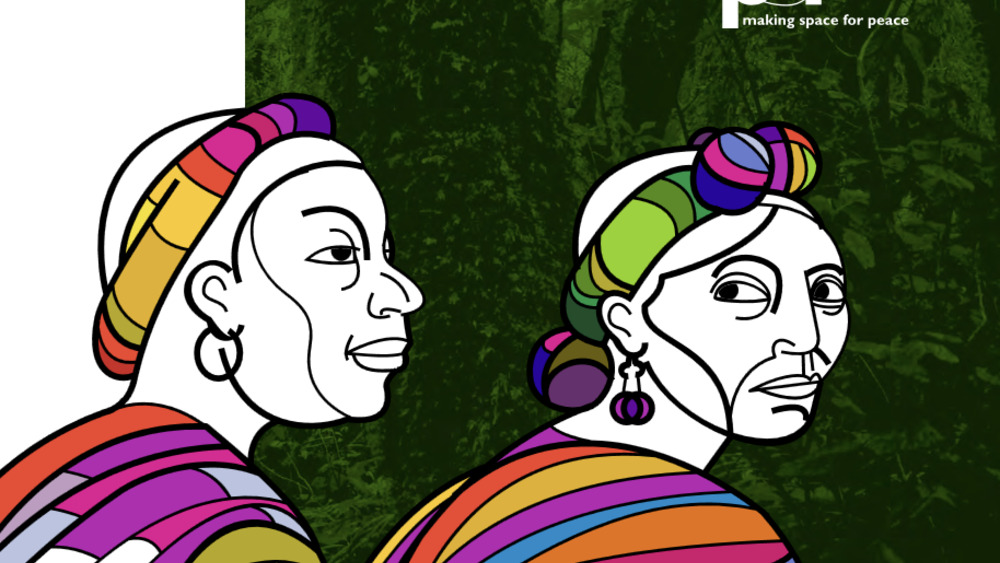
Guatemala’s Indigenous Women in Resistance: On the Frontline of the Community’s Struggle to Defend Mother Earth and her Natural Assets
The objective of this study is to examine the social process at work in the defense of natural resources from the perspective of the indigenous women involved in it. Given the country’s broad cultural diversity and the time limits for completing this report, we assumed right from the start that it…
